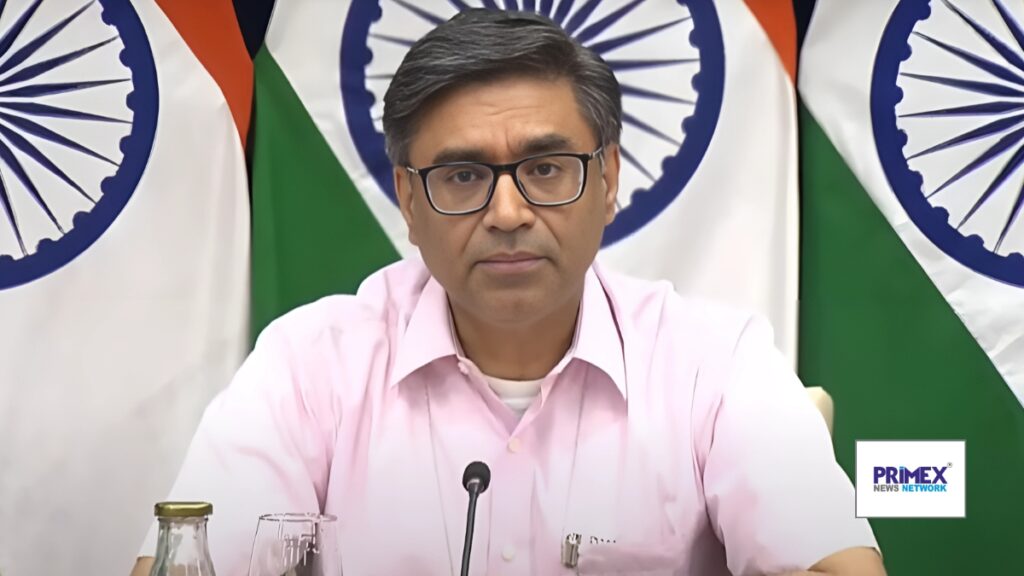New Delhi [India], April 24: In retaliation for the Pahalgam Terrorist Attack, India has released five robust measures to reorient its diplomatic and security strategy with Pakistan. While addressing a press conference, Foreign Secretary Vikram Misri informed that the Cabinet Committee on Security (CCS) has chosen to put on hold the Indus Waters Treaty of 1960 immediately, as a token of Pakistan’s continued patronage of cross-border terrorism.
#WATCH | Delhi: Foreign Secretary Vikram Misri says, “Recognising the seriousness of this terrorist attack, the Cabinet Committee on Security (CCS) decided upon the following measures- The Indus Waters Treaty of 1960 will be held in abeyance with immediate effect until Pakistan… pic.twitter.com/PxEPrrK1G8
— ANI (@ANI) April 23, 2025
The treaty, an agreement that has been in the making for years under negotiations by the World Bank to manage the distribution of water from the Indus River system, has now been put “in abeyance” pending credible and irreversible proof of Pakistan stopping its support for terrorist operations.
Besides the above step, India has also taken a decision to shut the Attari integrated checkpost for a temporary period. If you are a Pakistani citizen who crossed into India on valid documents, kindly arrange your return by May 1, 2025.
It is worth mentioning that the SAARC Visa Exemption Scheme (SVES) has been withdrawn for Pakistani nationals, and all SVES visas issued so far are considered invalid. Holders of this visa will be given a 48-hour window to leave the country.
Diplomatic ties are being minimized. All Pakistani defense and military advisors at their High Commission in New Delhi have been made persona non grata and need to leave within a week. India will also pull out its defense advisors from the High Commission in Islamabad.
These initiatives prove India’s resurgence of focus towards clarity, consistency, and alignment in foreign affairs, particularly based on ongoing security threats. For the sake of increasing regional turbulence, these provocative measures aim at strengthening national defense and displaying diplomatic determination.


